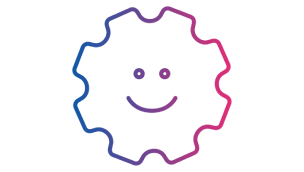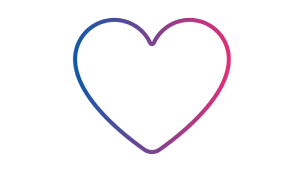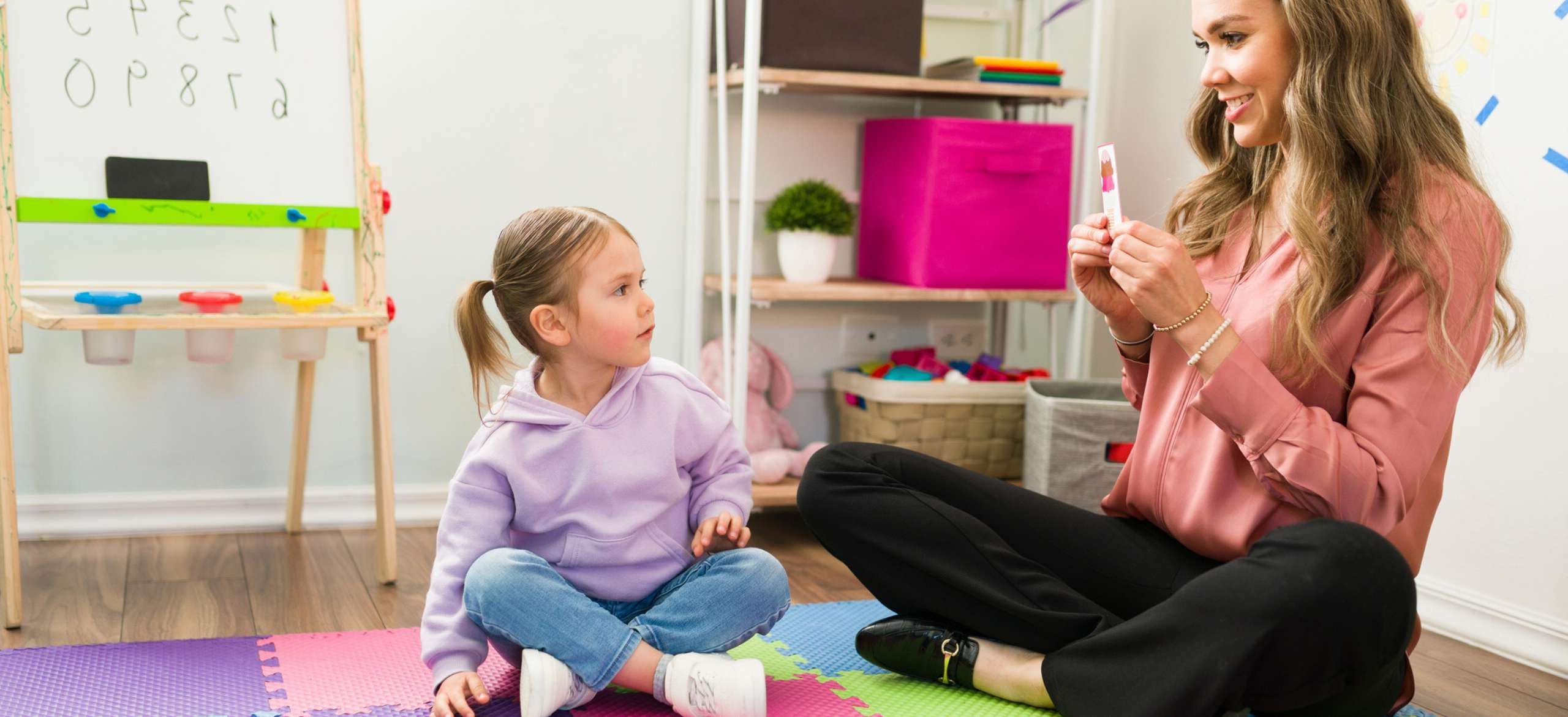
ESDM therapy
Support your child's progress and help them participate fully in life with the Early Start Denver Model.
Enquire Now Start Your BookingAn effective early intervention program that helps young children enjoy better outcomes
Fun and flexible early intervention support based on developmental science.
That’s how ESDM certified therapists help your child adapt to daily routines and learn positive behaviours. ESDM therapy supports young children with autism spectrum disorder and other developmental delays.
It’s a form of behavioural therapy that provides lasting results, so your child can enjoy a better quality of life.
ESDM therapy follows a play-based approach to improve language, social and cognitive skills.
Fun activities are used to help your child meet their goals and teaching needs.
It can be delivered in a group setting or one-on-one, at home, in clinics, at school or where your child needs us most.
ESDM therapists usually work with children up to 6 years of age, focusing on the age group of toddlers and pre-schoolers.

How ESDM therapy enhances your child’s progress
ESDM therapy helps young children make their own choices, find their voice, and explore their interests.
Our ESDM therapists will create a personalised care plan that addresses your child’s unique needs.
ESDM can help:
- Explore your child’s interests and encouraging interaction, communication and connection
- Improve language, social and cognitive skills so your child can better adapt to daily routines and activities
- Help your child relate to and connect with others in a group setting, and participate in joint activities to build social skills
- Help you connect better as parents and families
How ESDM therapy works at Early Start Australia
Our ESDM therapy takes a holistic approach, with a rounded team.
This includes parents, ESDM certified therapists and other therapy services with ESA.
We may work with occupational therapists, psychologists and more, depending on what your child needs.
We begin with an ESDM curriculum checklist that looks at which skills will help your child’s progress.
We’ll work with you to develop individual goals and a comprehensive treatment plan.
As we work together towards these goals, we carefully track progress, adjusting when needed to ensure success.

The ESA difference
Certified ESDM therapists, occupational therapists, speech pathologists and more working together.
We help your child achieve their goals in a holistic, supported and personalised way.
Our goal is to help parents connect more with their young children, and create effective care plans together.
With ESDM therapy, we support you and your child to meet developmental goals and enjoy better outcomes and quality of life.
Experience early intervention that works and a partner committed to making a positive difference in your child’s life.
Find a clinic near you
We have clinics in every state and territory providing assessments, early childhood intervention therapies, and support to help you thrive.
Find a clinicFrequently asked questions about ESDM therapy
The Early Start Australia promise

Multi-disciplinary approach
Our ESDM-certified therapists pair with other services like occupational therapy and psychology for holistic care.

Australian wide network of centres
With over 50 clinics Australia-wide, and telehealth support, we’re here when you need us, wherever you need the help. Our team works in clinics, at school, in your home and more to provide all-around care.

Registered NDIS provider
As a Registered NDIS provider, our ESDM therapy services meet the NDIS quality and safety standards and are eligible for NDIS funding.

Personalised, family-centered approach
We’re a team, and we’re in this together. Our goal is to work with parents to provide care that is comprehensive and unique. We’ll give you the tools and training to support your child’s progress at home.



